OUTREACH: WTI Director Updates Big Sky Chamber on $10 million Infrastructure Grant

In late April, the Big Sky (MT) Chamber of Commerce hosted a meeting focused on upcoming infrastructure projects in the region. WTI Director David Kack presented an update on the $10 million federal TIGER Grant, which will fund safety and mobility improvements along U.S. Highway 64/Lone Mountain Trail. WTI partnered with Gallatin County, Sanderson Stewart, […]
In the News: Traffic and Transit Magazine Showcases Rural Research Roadmap Project
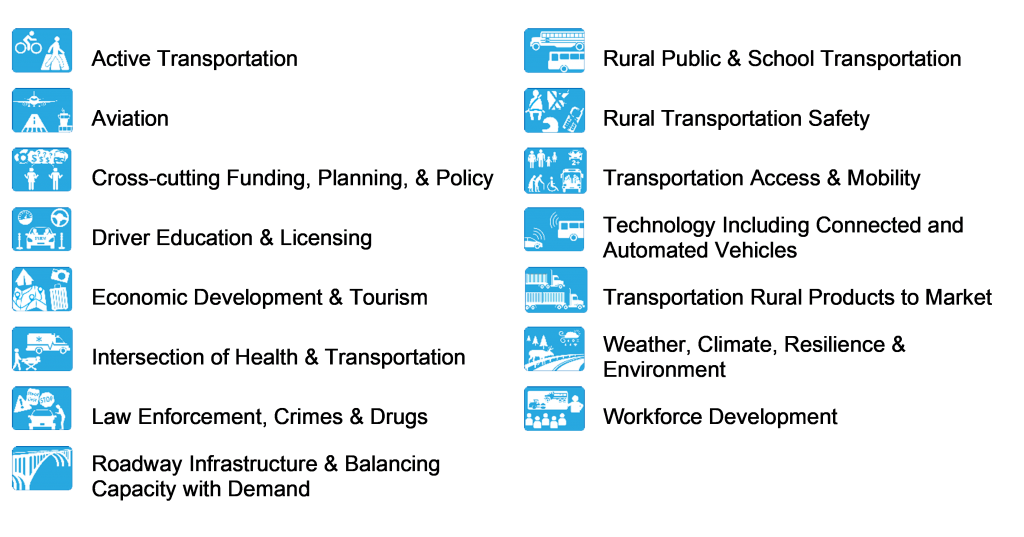
An NCHRP project led by WTI is the focus of a current feature article in Traffic and Transit, a national transportation publication. “Mapping the Future of Rural Transportation Research” highlights the development of the Research Roadmap for Rural Transportation Issues (NCHRP 20-122), which will provide a detailed, long-term agenda for research aimed at improving rural […]
National Safety Council Selects Safety Center as Finalist for Green Cross Award
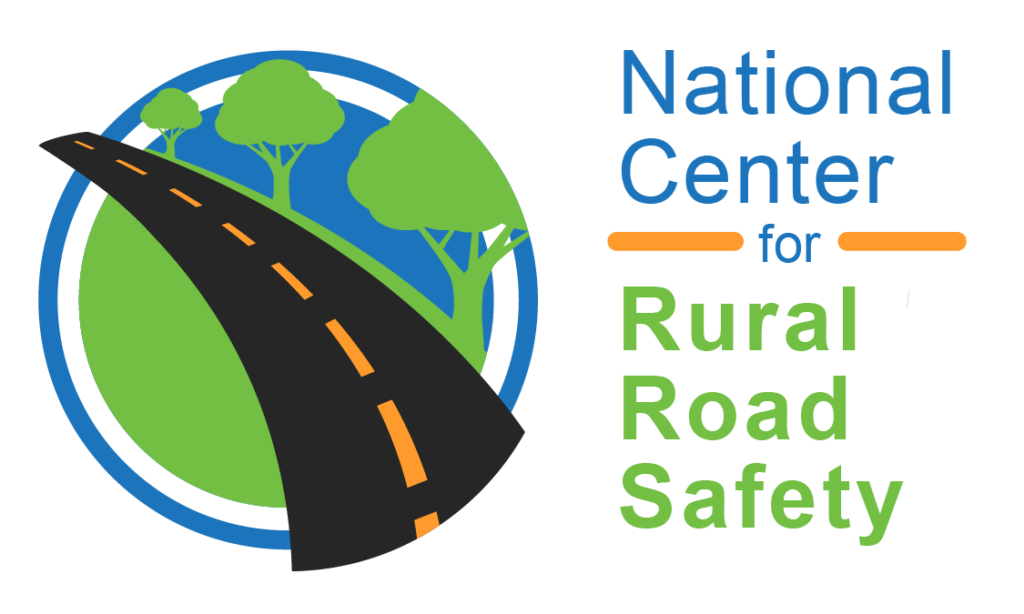
Congratulations to the National Center for Rural Road Safety, which was recently named as one of three finalists in the country for the 2020 Green Cross for Safety Award – Safety Advocate! Each year, the National Safety Council selects honorees for demonstrating leadership in keeping people safe, with awards in three categories: Safety Advocate, Safety […]
Save the Date: Rural Road Safety Awareness Week
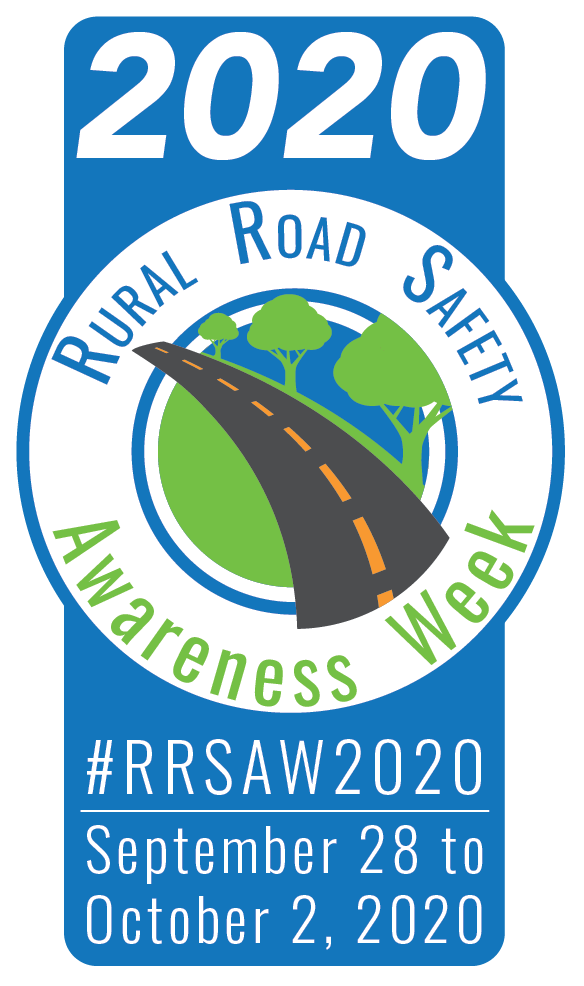
The National Center for Rural Road Safety is proud to announce the inaugural Rural Road Safety Awareness Week (RRSAW), which will take place the week of September 28th – October 2nd, 2020. The goal of RRSAW is to dedicate a week to promoting rural road safety to the public, community leaders, and potential partners by […]
WTI Co-hosts National Event on Rural Transportation Safety
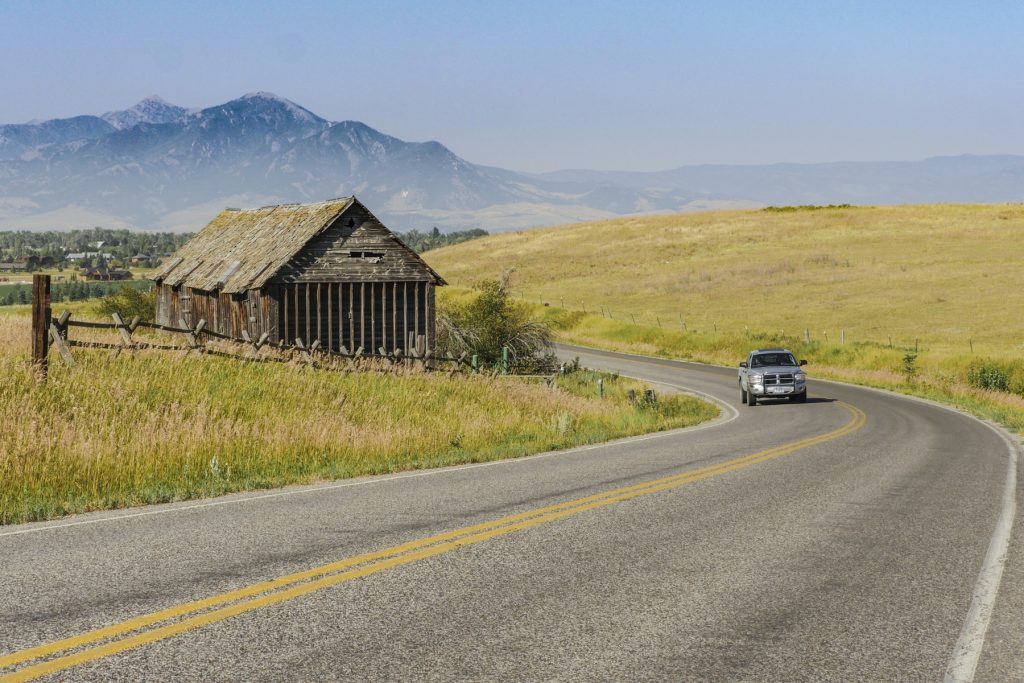
On Wednesday, August 12, the Western Transportation Institute (WTI), Montana State University (MSU), and the National Highway Traffic Safety Administration (NHTSA) co-hosted a national forum to raise awareness on “The Importance of Focusing on Transportation Safety in Rural America.” NHTSA officials had originally planned August field tours to western states and public lands to view […]
Rural Road Safety Summit – Registration Now Open!
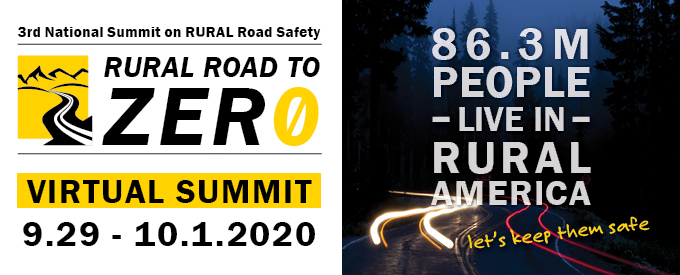
The National Center for Rural Road Safety is excited to announce that the Third National Summit on Rural Road Safety will take place September 29 – October 1, 2020. Registration is now open for this action-oriented event, which is designed to provide professionals with plans and strategies for meeting their region’s Rural Road to Zero […]
WEBINAR: Focus on Reducing Rural Roadway Departures (FoRRRwD)

The National Center for Rural Road Safety is co-sponsoring a webinar with FHWA and NLTAPA on the Every Day Counts round five (EDC-5) initiative, “Focus on Reducing Rural Roadway Departures (FoRRRwD): Funding and Data to Identify Projects.” This free webinar will be presented on April 16, 2020, at 1 pm (Eastern time). Presenters from three […]
WEBINAR: Reducing Disparities between Rural and Urban Seatbelt Use
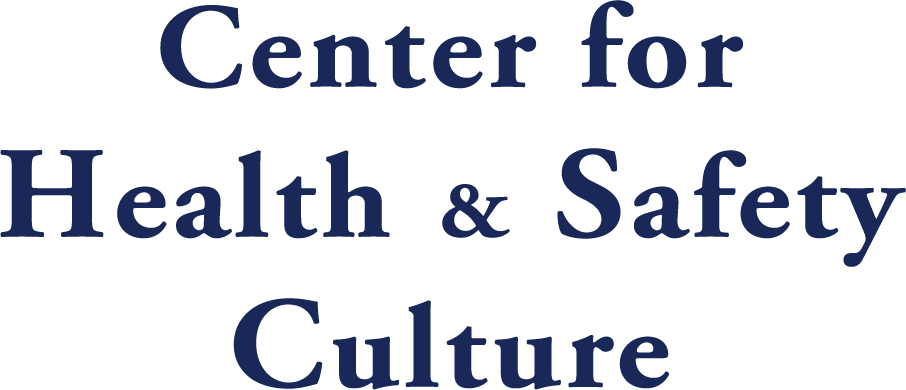
On April 22, 2020, at 1 pm (Mountain Time), CHSC will present “Together for Life Utah: Reducing Disparities Between Urban and Rural Seat Belt Use Rates.” In 2013, the Highway Safety Office of the Utah Department of Public Safety engaged CHSC in a multi-year pilot project to reduce the significant disparities in seat belt use […]
MSU Undergrads Assisting with Safety Center Research

Welcome to Andy Merkel and Maddy Pernat, who are new undergraduate research assistants at WTI. By supporting projects conducted by the National Center for Rural Road Safety, they will have the opportunity to develop not only new research skills, but other valuable professional development skills related to communications and outreach. For example, Andy is helping […]
